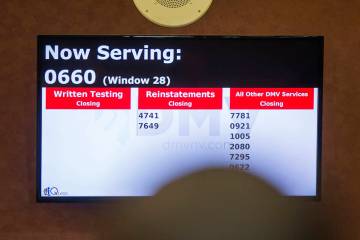EDITORIAL: SCOTUS smacks down California in property rights case
Property rights are an inalienable right and a fundamental part of this nation’s political tradition. Yet they face ongoing attacks from government busybodies.
This month, a unanimous Supreme Court ruled that legislative governments can’t impose excessive fees on property owners looking to build on their own land. The ruling in Sheetz v. County of El Dorado, California, is a welcome limitation to the tentacles of government.
The case began in 2016 when George Sheetz sought to build a single-family home. He owned property in California’s El Dorado County. County officials there told him he had to pay $23,420 for “traffic impact mitigation” before he would be allowed to build. Even for California, that’s ridiculous.
Public officials involved were oblivious to the clear conflict with the Fifth Amendment’s Takings Clause, which prohibits the government from taking private property “for public use, without just compensation.”
Mr. Sheetz paid the fee to obtain the permit but did so under protest. He argued that any assessed traffic fee should be based on the need to mitigate traffic from his specific project. In what’s called the Nollan/Dolan test, the Supreme Court had previously ruled that permit conditions need to have an “essential nexus” to the government’s land-use requirements. In other words, the government can’t extort money from property owners by holding up their permits. Further, any fees must be generally proportional to the public burden added by the project.
State courts rejected that argument. They believed the excessive fee was constitutional because the County Board of Supervisors — rather than bureaucrats making decisions by fiat — had enacted the requirement through the legislative process. In its ruling, the high court dismissed that logic. Our rights would be hollow indeed if elected officials could simply pass laws to erode them.
“A legislative exception to the Nollan/Dolan test ‘conflicts with the rest of our takings jurisprudence,’ which does not otherwise distinguish between legislation and other official acts,” Justice Amy Coney Barrett wrote for the court. Further, “nothing in constitutional text, history or precedent supports exempting legislatures from ordinary takings rules,” she wrote. “The Constitution’s text does not limit the Takings Clause to a particular branch of government. The clause itself, which speaks in the passive voice, ‘focuses on (and prohibits) a certain ‘act’: the taking of private property without just compensation.’ It does not single out legislative acts for special treatment.”
It is significant that the court was united in its decision. The legislative branch cannot exempt itself from constitutional protections it finds inconvenient. Not even in California. The court’s ruling is a victory for property rights and common sense.





























